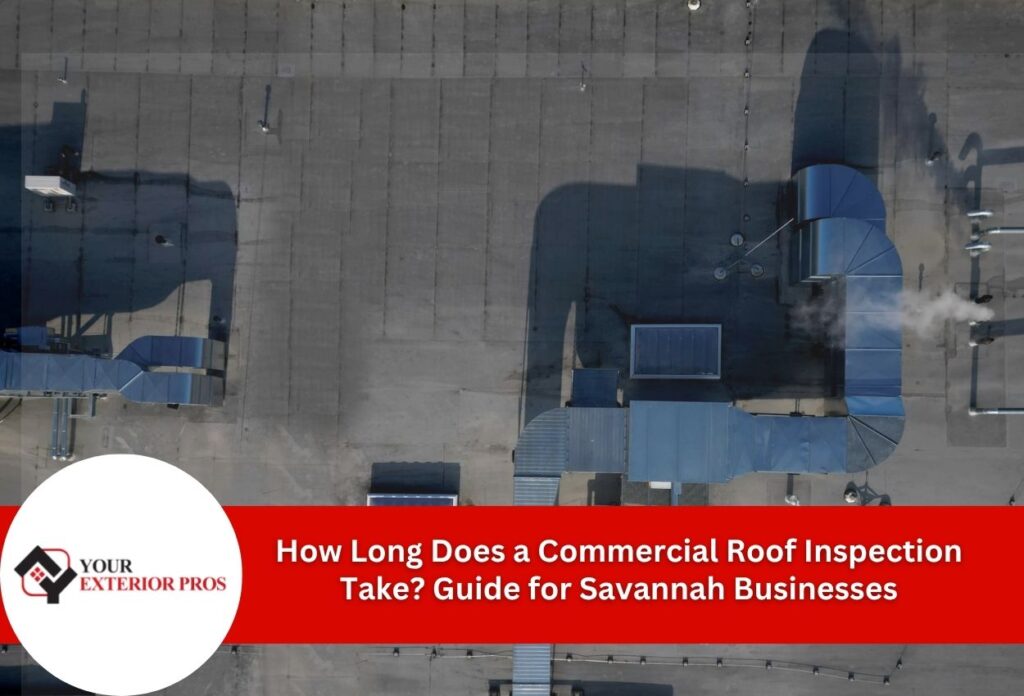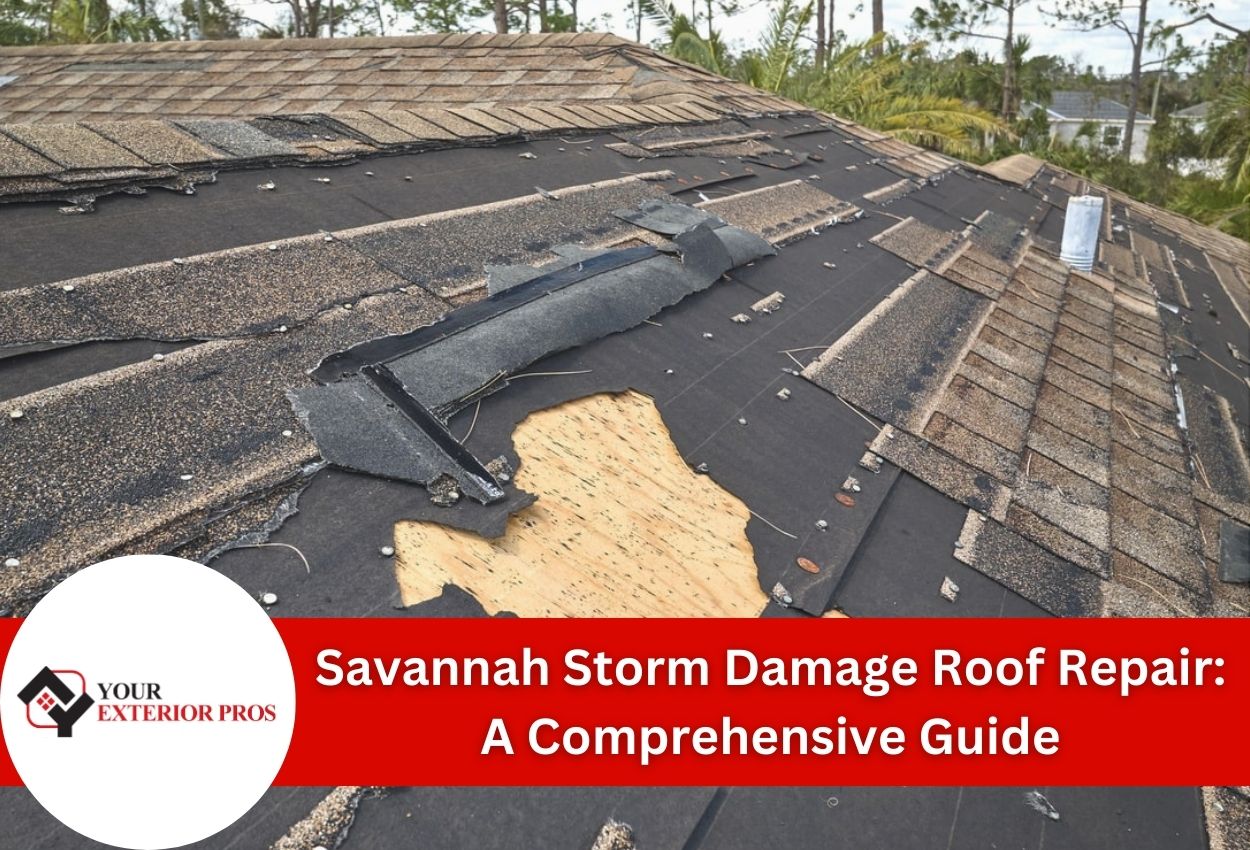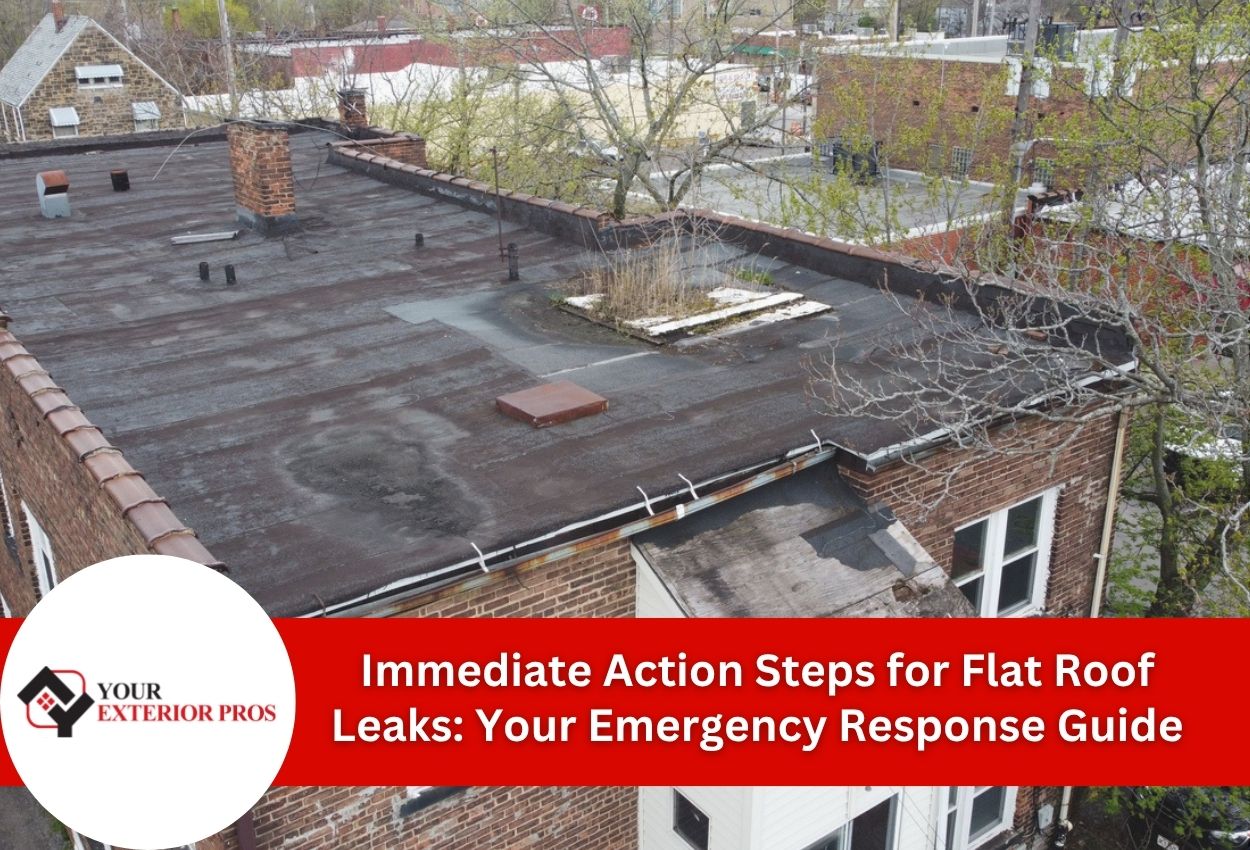How Long Does a Commercial Roof Inspection Take? Guide for Savannah Businesses

Understanding how long a commercial roof inspection takes is essential for property managers and business owners in Savannah who need to schedule this important maintenance task. A typical commercial roof inspection can range from a few hours for standard buildings to a full day for larger or more complex structures. This timeframe varies based on several factors that professional roofing contractors consider during their assessment.
Commercial roof inspections are a critical component of building maintenance, especially in Savannah, where heat, humidity, and occasional severe weather can accelerate roof deterioration. These inspections help identify potential problems before they become emergencies, extend the life of your roofing system, and protect your valuable business assets.
The commercial roofing inspection process involves a thorough evaluation of all components, drainage systems, flashing, and structural elements. Professional roof assessments follow a specific approach to ensure no issues are overlooked. By knowing what to expect during an inspection and planning for the appropriate timeline, property managers can better coordinate building operations with minimal disruption to daily activities.
The typical timeframe for roof inspections depends on multiple variables, including roof size, complexity, access points, and the specific inspection methods being used.
Standard Duration for Commercial Roof Assessments
The timeframe required for a commercial roof inspection varies significantly based on the property size and the depth of the assessment. For small commercial buildings like retail stores or offices under 10,000 square feet, a standard walkthrough inspection typically takes a few hours. Medium-sized commercial properties between 10,000-30,000 square feet generally require up to five hours for a thorough assessment. Large industrial complexes or warehouses exceeding 30,000 square feet may need a full day or more to properly evaluate.
Basic walkthrough inspections focus on visual identification of obvious issues like ponding water, membrane tears, or flashing problems. These quick assessments provide a general overview of roof condition but may not catch developing issues beneath the surface. Comprehensive commercial roof assessments take significantly longer as they include core sampling, moisture scanning, and detailed documentation of all roofing components.
Many Savannah businesses opt for the more thorough assessment despite the additional time investment. The region’s humidity and seasonal storms make detailed inspections particularly valuable, as they can identify hidden moisture intrusion that might otherwise go undetected. Professional roofing contractors in our area understand the specific challenges local commercial buildings face and adjust their inspection timeline accordingly so no potential problems are overlooked.
Key Factors That Extend Inspection Timelines
The complexity of a commercial roof significantly impacts the inspection duration. Buildings with multiple roof levels require additional time as inspectors must assess each section individually and evaluate how they interconnect. Rooftops housing HVAC units, solar panels, or other equipment create inspection challenges as these areas need careful examination around penetrations and mounting systems, often adding hours to the process. Architectural features like skylights, parapets, and decorative elements also extend inspection timelines. These components require special attention as they are often where leaks begin.
Savannah’s weather conditions play a major role in commercial roof inspection scheduling and duration. Summer heat can limit inspection hours to early morning, effectively shortening the workday. High humidity levels may necessitate more thorough moisture detection methods, adding time to the inspection process. During hurricane season, inspections might take longer as inspectors pay extra attention to wind-resistant features.
Accessibility issues can further extend timelines. Buildings without easy roof access may require additional setup time. Many Savannah commercial properties feature historic or unique architectural elements that require specialized inspection approaches, requiring inspectors to move more cautiously and methodically across the roofing surface.
The Commercial Roof Inspection Process Explained
Understanding how commercial roof inspections are conducted helps explain why they take the time they do. The process typically begins with a pre-inspection planning phase where inspectors review building history, previous reports, and architectural plans to identify potential problem areas before setting foot on the roof.
Once on-site, inspectors conduct a visual examination of the entire roof surface, looking for obvious signs of damage like blisters, tears, or ponding water. This phase is followed by a detailed assessment of all roofing components, including membrane condition, flashing, expansion joints, drainage systems, and roof penetrations. Each of these elements requires careful documentation, with inspectors photographing issues and marking their precise locations on roof plans.
After the physical inspection concludes, professionals don’t simply hand over a quick report. The documentation phase involves compiling all findings, analyzing moisture scan data, organizing any photos taken, and preparing detailed recommendations. This critical post-inspection work typically requires several hours of office time but results in comprehensive documentation that building owners can use for budgeting and planning purposes.
For Savannah commercial property owners, understanding this process helps set realistic expectations about inspection timelines. While the on-roof portion might take a couple of hours, the complete process from planning through final reporting often spans a few business days for thorough results.
Preparing Your Commercial Property for Faster Inspections
Taking time to prepare your commercial property for roof inspections can significantly reduce the inspection duration while improving the quality of the assessment. Start by gathering all relevant documentation, including previous inspection reports, warranty information, repair records, and original roof specifications. Having these materials ready for the inspector provides valuable context that streamlines the evaluation process.
Coordinate access requirements in advance with your roofing contractor. Clear pathways to roof access points, ensure that keys or access codes are available, and temporarily relocate any obstacles that might impede inspector movement. For buildings with security protocols, arrange clearance for the inspection team to avoid delays on inspection day.
Notify tenants about the upcoming inspection, particularly if inspectors will need access to interior spaces to check for leaks or water damage. This early communication helps minimize disruption to business operations. For retail or customer-facing businesses in Savannah, scheduling inspections during off-hours can be particularly beneficial.
Consider performing basic roof maintenance before the inspection, such as removing debris from drains and gutters. This simple step allows inspectors to focus on evaluating roof condition rather than navigating through accumulated leaves or branches. While professional inspectors will work around these obstacles if necessary, a clean roof surface facilitates a more efficient and thorough assessment.
Emergency vs. Routine Inspection Timeframes
When comparing emergency and routine roof inspections, timing differences are substantial. Emergency assessments following storms or damage reports in Savannah typically occur within 24 to 48 hours of the call and focus specifically on identifying and documenting damage. These targeted inspections generally take less time because they concentrate only on affected areas rather than the entire roofing system.
Routine maintenance inspections, by contrast, follow a more comprehensive approach, examining the entire roof system methodically. These scheduled assessments typically require a few hours for average commercial buildings as they include an evaluation of all components, not just visibly damaged sections. The thoroughness of routine inspections makes them necessary for long-term roof performance.
Seasonal timing significantly affects inspection scheduling in Savannah. Spring inspections are ideal for identifying winter damage before summer storms arrive. Fall inspections help ensure roofing systems are prepared for winter conditions. Many commercial property managers in coastal Georgia schedule biannual inspections to account for our region’s hurricane season and heavy rainfall periods.
The best practice for Savannah businesses is establishing a consistent inspection calendar that includes both routine assessments and built-in flexibility for emergency evaluations. Commercial roof inspection duration should be factored into facility management schedules, with the understanding that thorough preventive inspections ultimately save time by reducing emergency service needs and extending roof lifespan.
Maximizing the Value of Your Commercial Roof Inspection
When a professional roofing contractor arrives to inspect your commercial property, making the most of their time on-site can significantly improve the quality of your assessment. Preparing a list of specific concerns before the inspection allows technicians to address your priority issues efficiently. Note any recent leaks, interior water stains, or unusual conditions you’ve observed, as this information helps inspectors focus on problematic areas first.
During the inspection, accompany the roofing professional if possible. This provides an opportunity to ask questions and learn about your roof’s condition while observing potential issues firsthand. Ask about the expected lifespan of different roofing components, maintenance recommendations specific to Savannah’s climate, and how certain roofing issues might progress if not addressed promptly.
Establish a regular inspection schedule that balances thoroughness with practical timing. For most commercial buildings in the Savannah area, inspections twice a year provide optimal protection, typically scheduling before hurricane season and again after winter. Larger facilities or those with older roofing systems may benefit from quarterly inspections, while newer installations might require only annual assessments.
Request that your roofing contractor document inspection findings with clear photographs and detailed reports. This documentation creates a valuable historical record of your roof’s condition over time, making it easier to track deterioration rates and plan for future maintenance or replacement. With consistent inspection schedules and thorough documentation, you’ll maximize both the effectiveness of each inspection and the overall lifespan of your commercial roofing system.
Keep Your Business Protected with Roof Inspections from Your Exterior Pros
Understanding how long a commercial roof inspection takes is crucial for effective property management. At Your Exterior Pros, we specialize in thorough commercial roof inspections tailored to your property’s specific needs. Our expert team ensures that every aspect of your roof is meticulously checked, from structural integrity to potential leak points, within a timeframe that minimizes disruption to your operations.
If you’re planning to schedule a roof inspection, don’t let uncertainties about the process slow you down. Call us today at (912) 250-4730 to discuss your needs and set up a convenient inspection time. Our professionals are ready to help you maintain a safe and functional environment with efficient and comprehensive roof inspections. Act now to protect your investment and ensure your commercial property is always in top condition.



